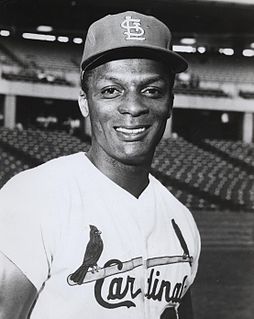A Quote by Michael Caine
But the whole point of the Sixties was that you had to take people as they were. If you came in with us you left your class, and colour, and religion behind, that was what the Sixties was all about.
Related Quotes
We wanted to more richly experience why we were alive, not just make a better life, and so people went in search of things. The great thing that came from those that time was to realize that there was definitely more to life than the materialism of the late sixties and early sixties. We were going in search of something deeper.
In the sixties, in the middle sixties, suddenly comics became this hip thing, and college students and hippies were reading them. So I was one of them, and I started reading, basically it was the Marvel Renaissance at that point. It was all their new characters, Spiderman and the X-Men and the Fantastic Four.
In the fifties, you have your beauty as a treat. I thought that until I hit the sixties.In your sixties, life decides to reward you with certain kinds of profound appreciation, so that people name their children and schools and libraries after you! And you still have your sexuality and your sensuality. If you want your sexuality, you still have it.
There is a lot of sixties-bashing going on these days that I don't agree with at all. I feel that extremely important ideals were brought to the forefront of the collective consciousness at that time. Granted, drug use was so pervasive that our generation did not as a group have the capacity to manifest our ideals to any great extent. But many of the people who were young in the sixties and who were most touched by that collective ethos are still touched.
[The strike in 1968] brought us together with teachers and also with progressive whites. All of us came from diverse backgrounds, but at the same time the reasons why we were at San Francisco State in the late sixties was because of the agitation and movement building that had occurred within our communities. We saw ourselves not separate from the community but intimately connected to it.
I realized how for all of us who came of age in the late sixties and early seventies the war was a defining experience. You went o r you didn't, but the fact of it and the decisions it forced us to make marked us for the rest of our lives, just as the depression and World War II had marked my parents.

































